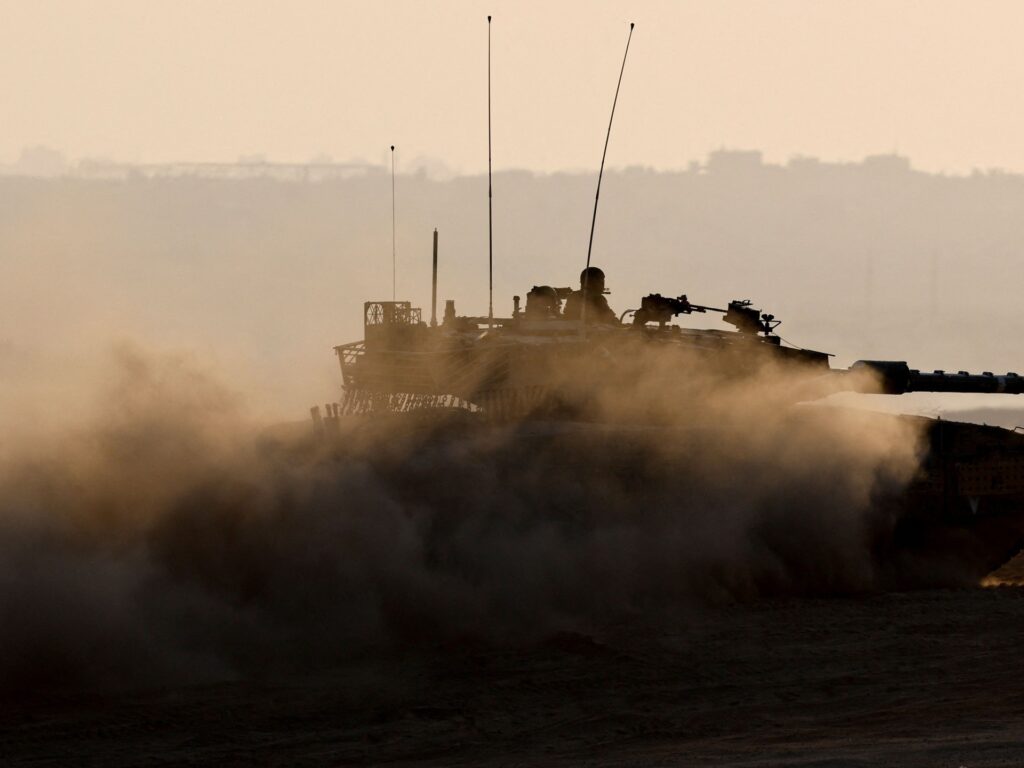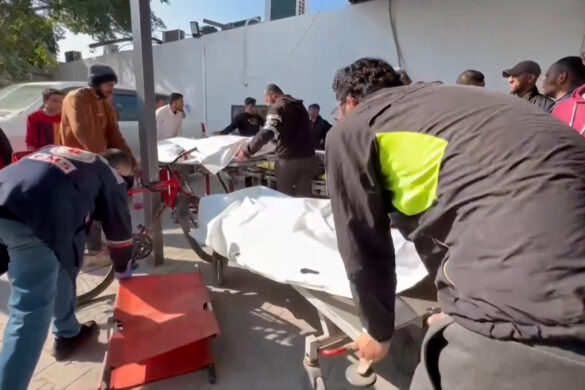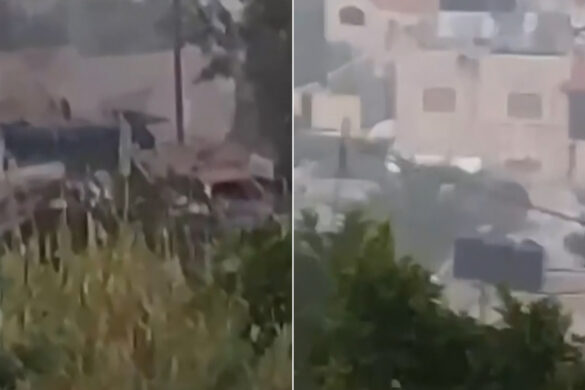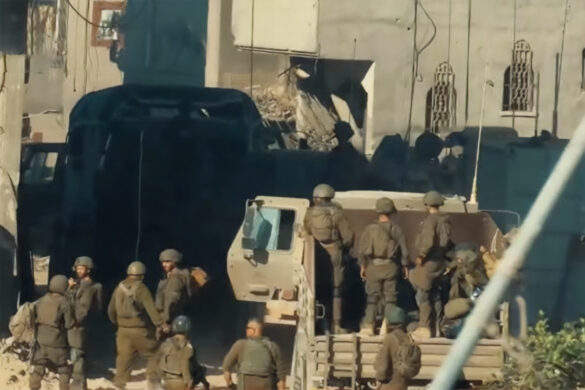10/16/2024–|Last updated: 10/16/202411:59 AM (Mecca time)
Israeli military experts and analysts confirmed – in discussions on Israeli media channels – that Lebanese Hezbollah has succeeded in regaining part of its health, and is seeking to drag Israel into a long war of attrition.
Channel 12 reported that Hezbollah has greatly intensified, over the past two weeks, its rocket launching operations into more remote areas, and said that the issue is not the number of rockets launched from Lebanon, but the number of Israeli residents located in the warning areas.
Kobi Marum, an expert in national security and the northern front, acknowledged in a discussion session on Channel 12 that there was “an improvement in Hezbollah’s ability to challenge Israel’s air defense with surface-to-surface missiles, anti-armor missiles, and drones.”
In the same context, former head of the Military Intelligence Division, Amos Yadlin, confirmed that there are still capabilities in Lebanon, and said, “Certainly, Hezbollah is a military organization with one of the strongest armies on Israel’s borders, and one of the strongest armies in the Middle East.”
He added, “Hezbollah has more missiles and rockets than any European country, including France and Britain. It has suffered a very severe blow, but it is recovering little by little.”
Reserve Major General Eran Lerman, an expert in strategy and security, pointed out, “The state of euphoria that gripped many in Israel may have been premature or very urgent, as the party was not completely eliminated, nor were its capabilities completely destroyed.”
He warned that Hezbollah “is seeking to impose a long, bloody, and continuous war of attrition to break the morale of Israeli society.”
Major General Reserve Giora Eiland, a former head of the National Security Council, spoke about the absence of an Israeli strategy in Lebanon, as happened in Gaza, and commented by saying: “We will fight, but until when?” He described Israel’s policy and behavior as “extremely aggressive and offensive and insulting and fighting the civilian side.” It is characterized by weakness in confronting the military side, and all of this must be done in reverse.”
In the same context, Tamir Hayman, head of the Institute for National Security Research at Tel Aviv University, explained that “Israel dealt a harsh and painful blow to Hezbollah, making it lose its balance, but temporarily.”
He said about Hezbollah: “They are recovering, learning their lesson, reorganizing their ranks, and adapting to the new situation,” but he expressed his belief that the Lebanese party is far from fully recovering, and called for intensifying strikes, even in Beirut.
Hayman added: “The pressure must not be eased now, and therefore we propose a ceasefire, but on our terms.”




